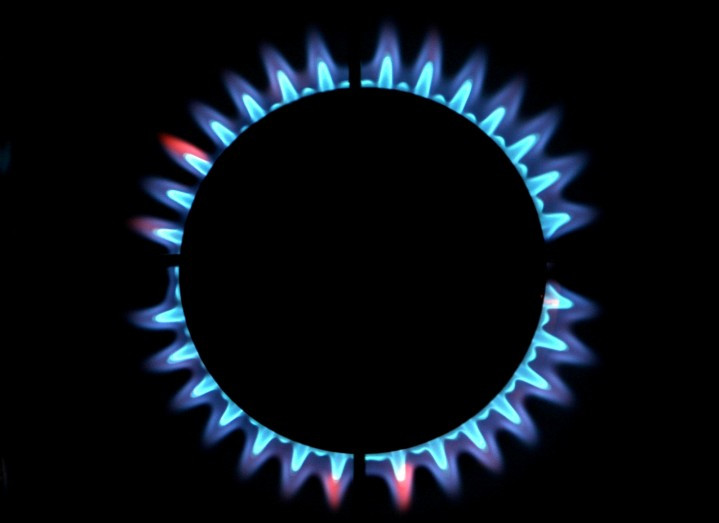Britons use 10% less electricity thanks to low power light bulbs and vacuum cleaners

The average person in the UK is using 10% less electricity than five years ago, according to new analysis of government statistics for the BBC.
Statistics given to the BBC show that the drop comes despite a putative increase in wealth and a proliferation of wide screen TVs and internet compatible devices.
Oxford University's Dr Nick Eyre, who heads up the ECI Energy Research Programme, said electricity use always drops after oil shocks and in recessions, but that this current trend looks different.
"Energy use is lower than in 1970 even though the economy is twice as big - it's the first time in memory that energy use has fallen so substantially - and it's due to policy," he said.
"It's a real achievement. But we can't be complacent - the improvements in home insulation have fallen back since the government introduced the Green Deal in 2013."
An example of such policy at work is the much maligned EU rule outlawing vacuum cleaners that use more than 1600 watts.
Another energy saving measure was the replacement of old style light bulbs that consumed 29% more electricity than the new, slightly duller ones of today.
The UK Committee on Climate Change said these sorts of policies have meant an average reduction in electricity bills of £165 between 2004 and 2013.
Greg Shreeve from the Energy Saving Trust, said: "This demonstrates how well designed and targeted regulation can have a significant impact on our energy consumption.
"Investment in energy efficiency can lead to much wider economic benefits such as job creation and even improved health."
© Copyright IBTimes 2025. All rights reserved.






















